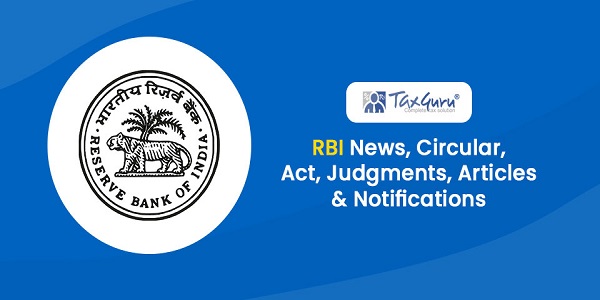Recently, the Supreme Court of India declared the electoral bonds scheme unconstitutional and questioned the validity of section 182 of the Companies Act, 2013. This section enables any company, except government companies and those in existence for less than three years, to contribute any amount to any political party, subject to board authorization, non-cash mode, and disclosure in the profit and loss account.
The court observed that this section violates the principles of transparency, accountability, and fairness in the electoral process. It also undermines the right to information of the voters, who have a legitimate interest in knowing the sources of funding of the political parties. The court noted that the section does not impose any limit on the amount or proportion of the contribution, nor does it require the consent of the shareholders or the public. Moreover, the section does not prevent loss-making companies from making political donations, which raises the possibility of quid pro quo arrangements1.
The court also pointed out that the section is inconsistent with the recommendations of various committees and commissions, such as the Law Commission, the Election Commission, and the Second Administrative Reforms Commission, which have advocated for stricter regulations on corporate funding of politics. The court suggested that the section should be amended to incorporate the following safeguards:
- A cap on the amount or percentage of the contribution, based on the net profits or turnover of the company.
- A requirement of prior approval of the shareholders or the general public, through a resolution or a referendum, respectively.
- A prohibition on political contributions by loss-making companies or those with pending government contracts or disputes.
- A mandatory disclosure of the identity of the political party and the amount of the contribution, both by the company and the party, in a public domain.
Conclusion: The Supreme Court’s examination of Section 182 of the Companies Act, 2013, represents a pivotal moment for Indian democracy, signaling a move towards greater transparency and accountability in political financing. By advocating for caps on corporate contributions, shareholder approval, and public disclosure, the court underscores the necessity of safeguarding the electoral process from undue corporate influence. This verdict not only reaffirms the fundamental democratic right of voters to be informed about the financial backers of political parties but also invites a legislative reevaluation to align corporate political contributions with constitutional values and democratic norms. The call for amendment to Section 182 is a clarion call to reinforce the foundations of transparency and democracy in India’s political landscape.
What are your thoughts on this issue? Do you agree with the court’s ruling? Share your views in the comments below.
1 Association for Democratic Reforms & Anr Vs. Union of India & Ors. (Supreme Court)
























